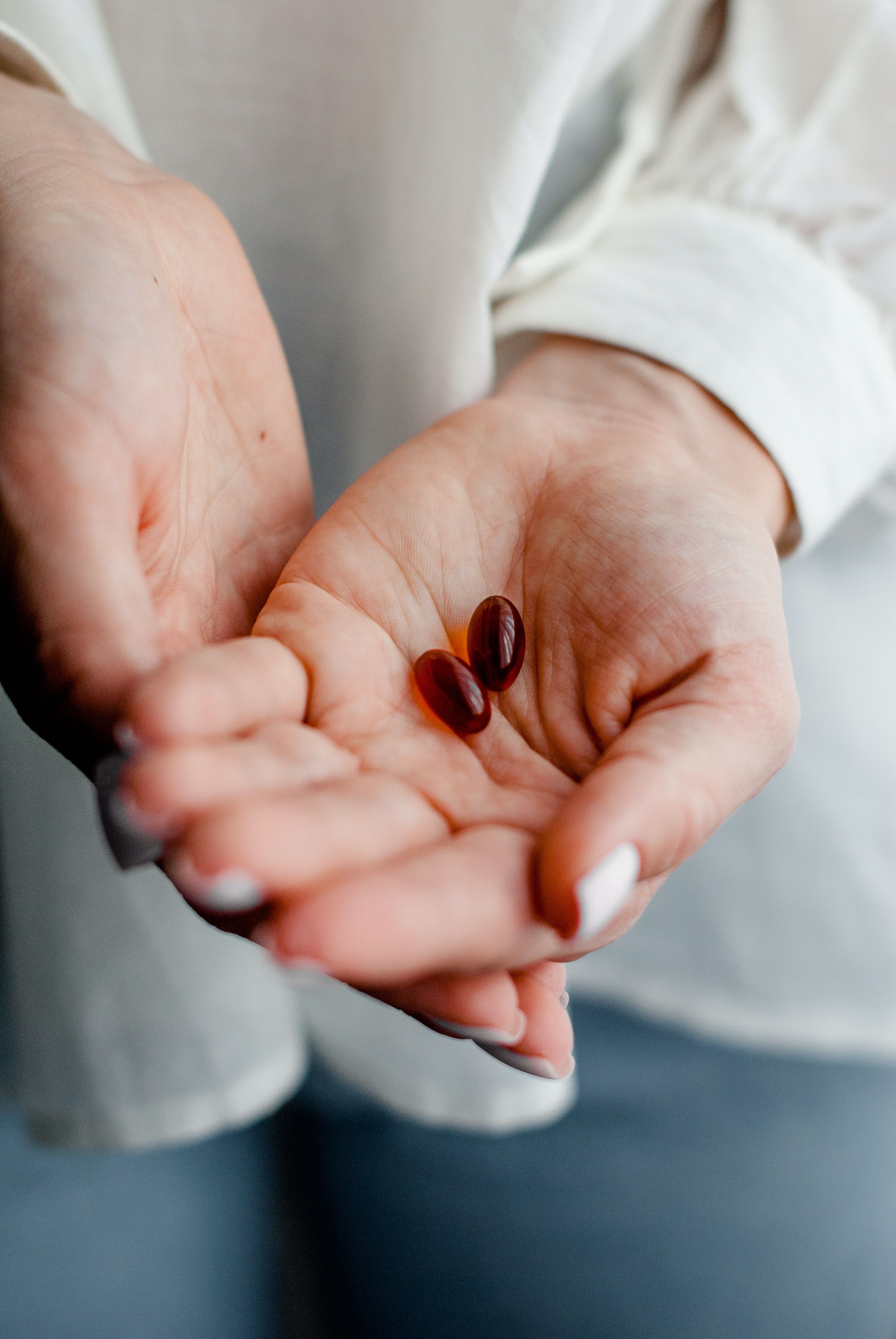Article
Are Biologics Safe for Pediatric IBD?
Author(s):
About half of patients experienced adverse events, and two-thirds of those events were likely related to inflammatory bowel disease medications.

There is a general safety of biologics for the treatment of inflammatory bowel disease (IBD) in children, according to a paper published in the Journal of Pediatric Gastroenterology and Nutrition.
Investigators from Rome, Italy conducted a retrospective, observational study of 185 children from a single center in order to determine the safety profile of biological therapy in this population. The study authors collected data about the immediate and delayed adverse events, including the reaction type and severity, the time of onset, the outcome, and the temporary or definitive therapy discontinuation secondary to the adverse event.
Additionally, influenza vaccine information and information about suspected and confirmed cases of the coronavirus disease 2019 (COVID-19) and their outcomes were also collected. There were 4 reported cases of COVID-19 among the patients, of which all were mild courses.
Among the pediatric cohort, 101 of the children had Crohn’s disease, 82 had ulcerative colitis, and 2 had IBD. There were 149 patients being treated with infliximab, 88 being treated with adalimumab, 18 being treated with vedolizumab, and 4 being treated with ustekinumab.
The overall adverse event rate was 49 percent, of whom two-thirds of that was likely related to the medication. There were 11 patients who experienced more than 1 adverse events, with 18 patients experiencing an immediate reaction and 82 patients who experienced a delayed adverse event.
For the 90 patients who experienced at least 1 adverse event, nearly all of them had mild-to-moderate adverse events, the investigators found, and only 4 serious adverse events were reported.
Adverse events caused a discontinuation of medication in 25 patients.
“Our findings confirm a good safety profile of biologics,” the study authors wrote. “Infusion reactions to infliximab administration remain one of the main issues, significantly linked to its immunogenicity and consequently with an impact on its efficacy and durability.”
In another article, published in the journal Digestive and Liver Disease, aimed to study the impact of COVID-19 in Italy’s pediatric IBD cohort. It included 2291 children with IBD from 21 different IBD referral centers. Ultimately, the study authors found that there was a reduction of hospitalizations for new diagnosis, from 44-27, and in endoscopic re-evaluations, from 46-8. However, hospitalizations for relapses and surgical procedures remained relatively unchanged, the study authors said. More than half the centers included in the analysis activated telemedicine services for children with IBD. And finally, the study authors learned, nearly 2% of children’s immunosuppressive therapies were adapted due to the pandemic.
“Due to the several limitations of the lockdown, cares for children with IBD have been kept to minimal standards, giving priorities to the urgencies and to biologics’ infusions and implementing telemedicine services,” the second study’s authors wrote.
Giulia D’Arcangelo was the lead study author on the first study, and was also an investigator as part of the second study.
In Dec. 2020, the New York Times suggested that standard immunizations should not fall by the wayside during the pandemic. In the same article, they noted that children with IBD and other diseases that require regular check-ups should be getting regular care to manage their diseases the best way possible. Some of these check-ins can happen remotely.




